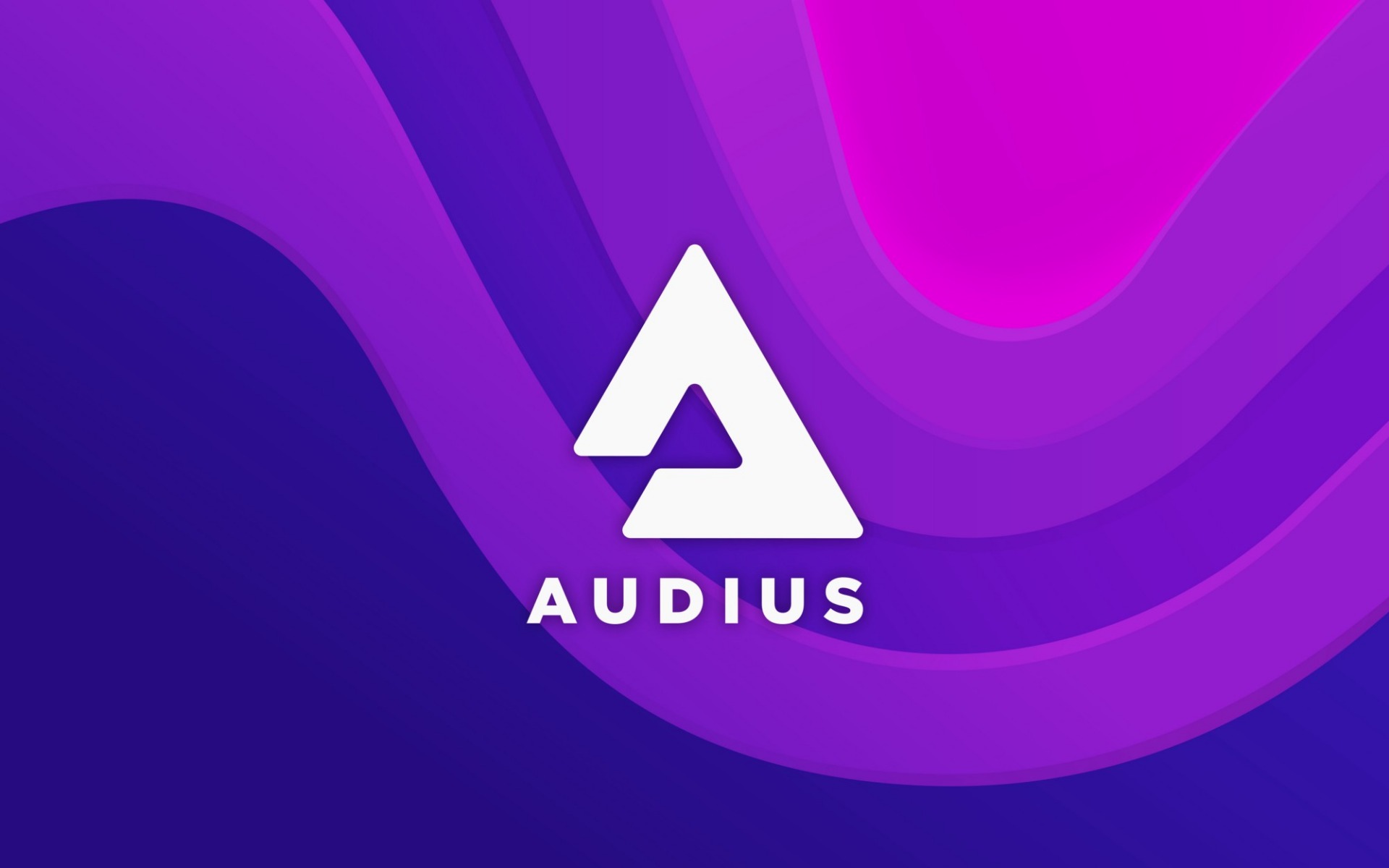
Single, EP, LP, Mixtape... A brief overview of modern release formats

Discussions about release formats are something I'm seeing more and more often on Twitter and other social media alongside with some general misconceptions of those, and as it has been always a bit unclear to me, too, I've decided to do the research and finally get educated about it!
So, let's begin with the definition of the word "release" itself. In music (and other art forms, too), a release usually embarks a "complete, wrapped unit of artistic output available for the audience to consume". Historically, release formats were pretty much tied to the physical mediums used to capture the music (and the length that physical format allowed), but with the introduction of internet, digital downloads and streaming, the term became tied rather to the volume of the content that's present on a release (or "type" of the content) and doesn't have to inherently implicate any possible physical attributes of the release anymore.
There are three most basic formats, plus a variety of others, too, but first, I'm gonna focus on those three main ones - a single, an EP and LP.
Single
As the name suggests, one would probably expect a single being just one track, right? Well, it's not that simple - in fact, a single can contain up to three tracks which shouldn't genuinely go over 30 minutes of listening time (or one track being longer than 10 minutes). Both the two most relevant streaming services of today (Apple Music and Spotify) pretty much agree on this (Spotify just doesn't apply the 10 minutes limit for one track).
Traditionally, singles are considered to be the strongest tracks from an album that get released on their own before the whole album drops with the goal of building up more buzz and hype around the release of the whole album. But that definition changed over time and so nowadays is single pretty much defined by the above-said things and doesn't really have to be related to an album. A lot of producers are actually using singles as their main "unit of output" for various reasons instead of going for EPs or albums, as it allows them to release their music as frequently as possible, keeping their fans hyped about what comes next.
EP - Extended Play
A popular description of an EP is "everything that's too long to be a single but too short to be an album". What does that really mean tho? According to Wikipedia, an EP should have between three and six tracks - but wait - a single can also have three tracks, so where do we draw the line?
It appears that if one of those three tracks is longer than 10 minutes and the overall playtime of the three-track release is less than 30 minutes, it's an EP - at least, those are the rules that Apple Music uses for the releases in their store. Spotify has this a bit more simple - for them, EP is everything between 4-6 tracks, under 30 minutes of length.
Conceptually, I like to think about EPs like "mini-albums", as the format allows you to deliver a bit more complex story than just a single, but they don't require so much time to get completed as you'd need for a full-fledged album. This, again, can be beneficial if you use that advantage for regularly supplying your fans with smaller packages of your music instead of letting them wait a whole year for a new album.
LP - Long Play / Album
Despite people are nowadays using the terms LP and Album in quite an interchangeable way, let me at least note that historically, LP has been always tied to long-playing vinyl releases, whereas the term "album" is, in my opinion, a way more universal and can mean basically any kind of long-playing record, no matter if physical or digital.
Anyway, this is by far the most stretched category, as the definitions of an LP/Album go pretty much all over the place. Take just this one quote from Wikipedia: In the United States, The Recording Academy's rules for Grammy Awards state that an album must comprise a minimum total playing time of 15 minutes with at least five distinct tracks or a minimum total playing time of 30 minutes with no minimum track requirement. In the United Kingdom, the criteria for the UK Albums Chart is that a recording counts as an "album" if it either has more than four tracks or lasts more than 25 minutes. Sometimes shorter albums are referred to as "mini-albums" or EPs.
If you paid attention before, you already see what's wrong here - it basically clashes with the definition of an EP when the album features just 5 tracks and is between 15-30 minutes long (according to Spotify and Apple Music, that's just an EP and not really an album). In order for a release to qualify as an album, it has to have a minimum of 7 tracks - again, both Apple and Spotify agree on that, but Apple has also a rule that if even it's shorter than 7 tracks, but it's longer than 30 minutes at the same time, it's also considered an album.
After all, for the sake of simplicity, we could probably boil it down to album being anything 30 minutes or longer OR seven tracks or more (even if shorter than 30 minutes).
Other release types
Now that we've made it a bit clearer how are release divided by the number of tracks and its length, let's look at a few more release types you can commonly run into, that are related to the actual type of content they feature.
Compilation
In this case, it's not really about the length or number of tracks, but rather related to content itself. Compilations often contain tracks that have been released before (such as various "Best Of" or "Greatest Hits" albums), either all of them by one artist/band, or being put together from multiple artist's creative outputs (all those Various Artists compilations). Of course, it doesn't have to be previously released material, a lot of compilations also feature brand new, never heard before tracks (I see labels doing that quite frequently).
Mixtape
The definition of a mixtape has shifted quite a lot throughout the years and you could find a lot of different opinions on what mixtape is and is not, but in the context of this article, I'm talking about all those single-artist (lofi) hip hop mixtapes (as opposed to that mixtape your teenage crush might have recorded for you). What is the difference between a mixtape and an album tho?
Whereas with albums, artists often strive to deliver some more complex and sophisticated vision or concept with "the whole package" being well thought-through, mixtapes, on the other hand, tend to be "compilations" of a more spontaneous, playful artist output and may not sonically share any common theme at all. Mixtapes are also usually free and also do not have singles like albums do. Also, even though there is usually one artist behind the whole mixtape, there tends to be a lot of guest appearances of friendly rappers and beatmakers featured, too.
DJ Mix
A release type mostly exclusive for electronic music, capturing live performance of a DJ mixing previously released songs (so they're not presented as a single tracks, but rather overlapping with others). DJ Mixes can be found in a shape of a single, long track containing the whole mix (sometimes as a bonus track in an album), but it's also common to see DJ Mixes that has been divided into single tracks you can buy separately (sometimes also as a "bonus" second part of an album, too).
With the rise of the podcast industry, it's questionable if this format won't slowly fall into oblivion and becoming more or less exclusive for live gigs, as a lot of DJs are starting to use this new format for getting their mixes online.
Live album
What are DJ Mixes for DJs, that's live albums for bands. A live album is basically a recording of the band's live performance on stage, in better cases heavily processed to deliver the best possible sound of it. Despite it can rarely sound as good as a studio record of that album, it has this special gift of capturing the feeling of the show with all the fans screaming, band communicating with the crowd, making the record sound even more authentic.
Bootleg
I've seen some confusion surrounding this term, but it's in fact quite simply - a bootleg is an unofficial remix, meaning a remix someone made without having the original content authorized/licensed by the author of the original tune. You'll hardly see those available to buy, as that's quite a nasty copyright infringement, you'll mostly find these on Soundcloud or Youtube (unless they get taken down by either the automated TrackID system or an explicit copyright claim) and often available for a free download.
Soundtrack
I feel like describing what soundtrack is a total waste of time, but for the sake of completeness of this blog post, I'll give it a few lines, too. As you probably already know, a soundtrack can be either a compilation of already released tracks that were used in the movie or a game, as well as a regular album of original content for those soundtracks that were specially written for the given movie/game. Or a mix of both, of course (Resident Evil OST pops into my mind instantly).
Promo
A promo is basically any kind of release that gets sent to a selected sort of people before its official release date. Producers usually tend to send promos to various bloggers, fellow musicians, DJs and other interested people before the release date to create some additional hype around the release or in order to get some feedback, too (the promo content delivery systems often don't let you download the release unless you leave a short review and mark the track you like the most). However, sending out promos can be a bit risky, too, as the music can get leaked, uploaded to pirate servers even before it's officially released and eventually it can result in lower sales when the release finally shows up in the stores. It's always worth considering the pros and cons when sending out a particular release.
Sources / Further reading:
- What Is The Difference Between a Single, an EP and an Album?
- What is the difference between Single, EP and Albums?
- Wikipedia: Single
- Wikipedia: Extended Play
- Wikipedia: LP Record
- Wikipedia: Album
- Release Types
- Record Union: Why is my EP listed as a Single on Spotify?

First time on my blog?
Welcome! My name is Pao and I'm the person behind this whole website. Besides making music myself whenever I can, I also write this blog and curate Spotify playlists. Feel free to explore it here a bit - I believe you will find some interesting stuff around ^^






